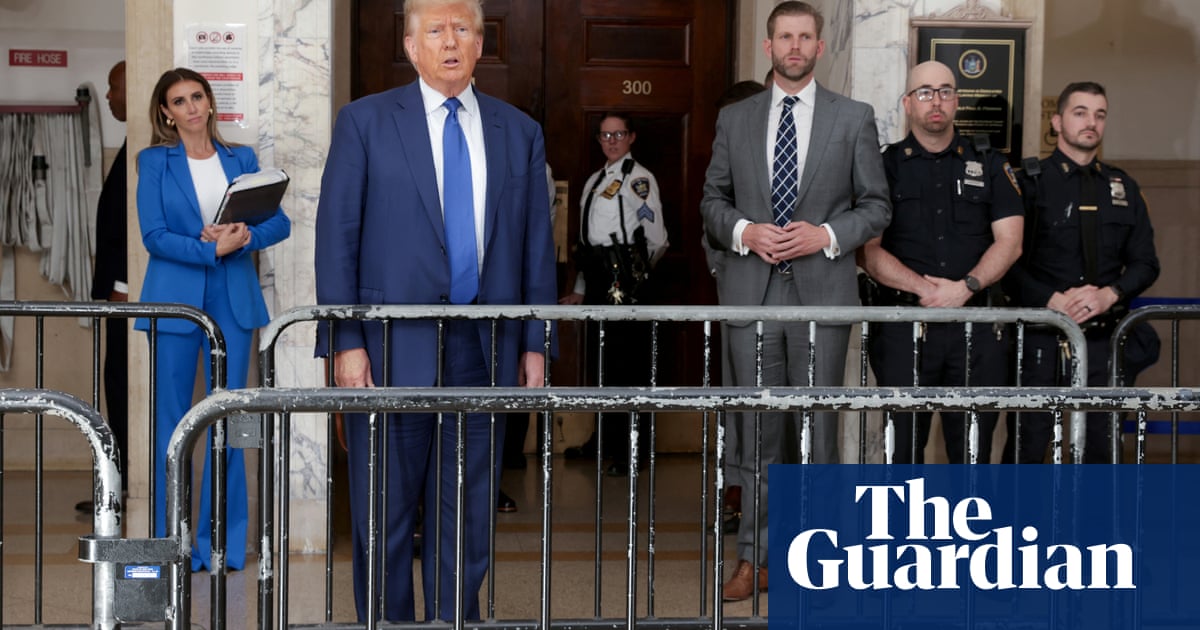
The federal judge overseeing Donald Trump’s prosecution on charges of retaining classified documents agreed on Monday to expunge from the indictment a paragraph about an episode where the former president waved around a classified document at his Bedminster club in New Jersey.
The US district judge Aileen Cannon ruled she would strike the paragraph because Trump was not charged with a crime for the conduct it described and would be unfairly prejudicial if a jury later saw it at trial.
Cannon’s ruling is notable because it could indicate how she will rule on future motions by Trump to suppress evidence as he attempts to limit the scope of the evidence prosecutors can introduce against him – and thereby dramatically undercut the case.
The move to strike the paragraph was unusual, legal experts said.
Cannon ruled that the passage should be expunged relying in part on a federal rule that says evidence of “other crimes” cannot be used against a defendant to suggest bad character, without addressing the second part of that rule that allows it in the case that it shows proof of motive.
The prosecutors in the office of the special counsel, Jack Smith, had argued that they included the passage precisely because it was allowed under the second part of the rule but Cannon took issue with the fact that Trump had not been charged for the conduct it described.
The passage in question – paragraph 36 – uses vague terms but describes Trump in 2021 waving around a classified map of Afghanistan while criticizing the US withdrawal to his now 2024 presidential campaign chief Susie Wiles, according to sources familiar with the matter.
“In August or September 2021, when he was no longer president, Tump met in his office at The Bedminster Club with a representative of his political action committee (the ‘PAC Representative’). During the meeting, Trump commented that an ongoing military operation was not going well,” the paragraph said.
“Trump showed the PAC Representative a classified map of Country B and told the PAC Representative that he should not be showing the map to the PAC Representative and to not get too close. The PAC Representative did not have a security clearance or any need-to-know classified information about the military operation.”
The move by Cannon came in a broader 14-page decision, where she denied Trump’s request to have the obstruction counts dismissed.
For the most part, Cannon wrote that she was rejecting Trump’s motion because his complaints were factual matters that should be raised as part of his defense arguments at trial and could not form the basis to dismiss an indictment, as opposed to matters of law, which can be adjudicated pre-trial.












